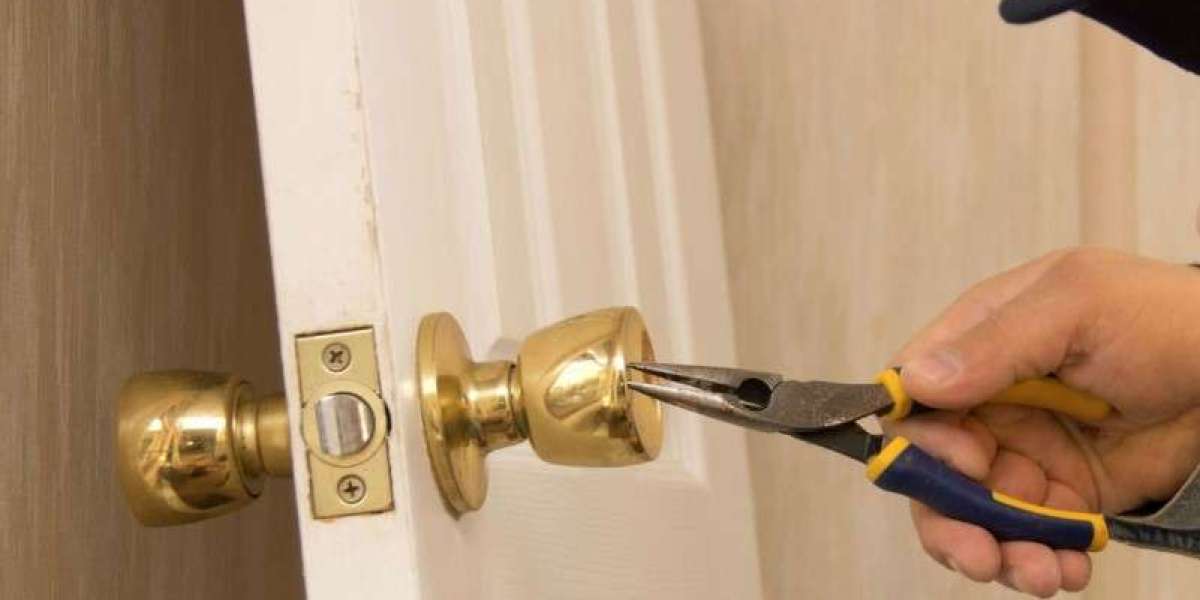Getting locked out can be a stressful experience. Locksmiths are professionals that can quickly and easily unlock doors without causing any damage.
But how do you choose the right one? A great place to start is to look at their certifications. A certification is a proof that a locksmith has undergone professional training and met certain criteria.
Certifications
Most states and countries regulate locksmithing and require certification for professional locksmiths. A certificate from a vocational school or online program typically qualifies as a training course. The curriculum usually covers topics such as lock identification, key making, lock installation, safe and vault locks, and security systems. Some programs also offer hands-on practice with tools.
Besides having a license, CommercialLocksmithServicesinBerkeley must also pass a criminal background check. Those who own their businesses must also submit a report of employees and maintain general liability insurance. Moreover, they have to register their business with the government and pay licensing fees.
Some of these requirements vary by state, but the majority include an apprenticeship, training, and a passing score on a written exam. The ALOA certification process takes between six months to a year, and it includes a formal apprenticeship program as well as a rigorous written exam.
Some states require additional credentials for licensed locksmiths, such as a safety code certificate from the Occupational Safety and Health Administration (OSHA). A certification from a reputable organization can open up opportunities for advancement within the field.
Licensing
In most states, licensing is a requirement for locksmiths to ensure they comply with state regulations. Many of these requirements include criminal-background checks, training, and fees. Some require locksmiths to carry liability insurance. Others have requirements for advertising and record keeping. Some states also regulate how much a locksmith can charge.
Licensing for locksmiths can vary widely between states, but most require them to have a high school diploma or equivalency certificate, undergo training and have their background checked. Some states also require locksmiths to pass a written examination or perform a practical exam.
Besides state licensing, there are also several voluntary professional certifications available for locksmiths, such as the Associated Locksmiths of America (ALOA) Fundamental Locksmith (AFL), Certified Registered Locksmith (CRL) and Certified Master Locksmith (CML). These industry-recognized credentials can help a locksmith stand out to potential clients. They can also lead to career advancement opportunities. In addition, being a member of a trade association can provide benefits such as continued education, legislative representation, and industry bonding options.
Reputation
Whether they are employed by a company or work as self-employed locksmiths, reputable locksmiths value their reputation. They know that poor service will tarnish their professional image and discourage future customers.
A reliable and trusted locksmith is well worth their soaring fees. They offer peace of mind that your home or business is safe and secure. They understand the functionality of different types of locks and use accurate methods to install or repair them.
A common scam involves fake lead-generation ads for locksmith services. These ads direct calls to a call center that is not located nearby (and perhaps not even in the country) and dispatch unskilled subcontractors to the customers home or business. These contractors usually drill through the lock and then charge much more than the original quote. The scammers are relying on the customers ignorance of how locks should be installed and repaired. They also are exploiting the customers anxiety about being locked out.
Insurance
Youve probably heard a nightmarish story or two about someone posing as a locksmith, showing up at your home, and then leaving just hours later to rob you. While that doesnt happen all the time, its enough to make some people nervous about hiring locksmith services.
Insurance is not only a requirement for many professional trades, but also a great way to build trust with customers. Having a business liability policy will help you cover any costs related to property damage caused by your work, such as when your clients door or car gets damaged.
A general liability policy will not cover accidents that your employees might experience while working for you, so youll need workers compensation insurance. In addition to that, youll want to have a professional liability insurance, or errors and omissions policy, which covers you for claims of negligence or mistakes when performing locksmith services. You can find affordable locksmith insurance through Thimble, which offers a variety of policy options and limits to fit your needs.








